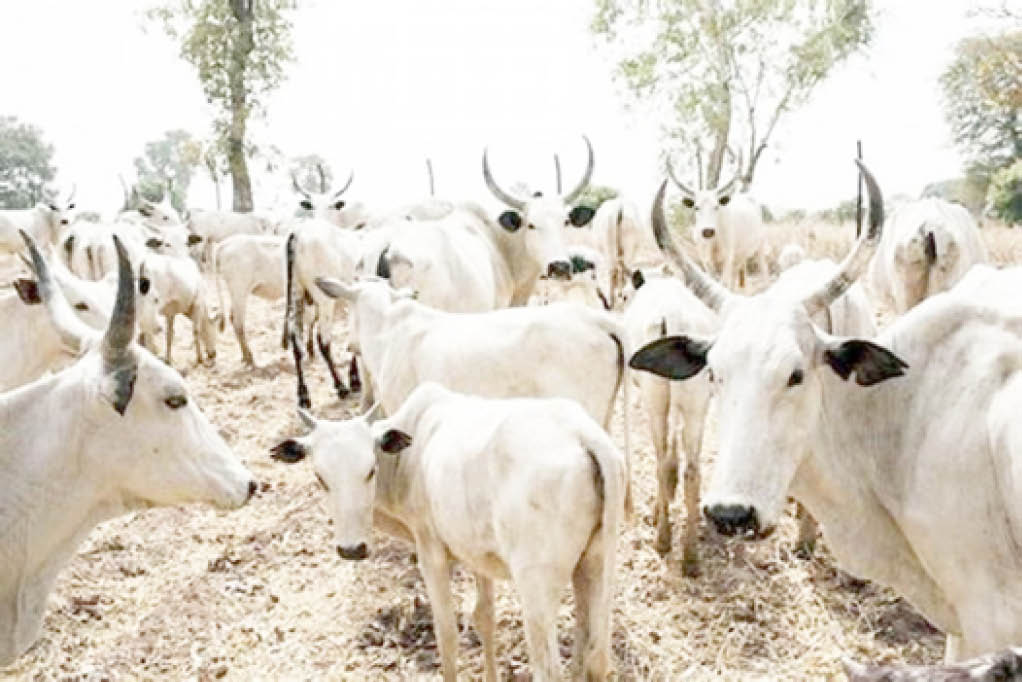Health workers move to tackle animal diseases in Kaduna communities
In a bid to control and prevent animal diseases as well as increase livestock production, nine more Community Animal Healthcare Workers (CAHW) have been equipped with the requisite skills to deliver affordable and quality treatment to farmers in Kaduna State. The CAHWs, drawn from Chikun, Igabi, Kachia and Kubau local government areas of the state, […]

Cows
In a bid to control and prevent animal diseases as well as increase livestock production, nine more Community Animal Healthcare Workers (CAHW) have been equipped with the requisite skills to deliver affordable and quality treatment to farmers in Kaduna State.
The CAHWs, drawn from Chikun, Igabi, Kachia and Kubau local government areas of the state, are expected to contribute immensely to the reduction of livestock diseases in their various communities.
Speaking to Daily Trust in Kaduna, Program Associate Anbuyets Konsulta Nigeria Limited, Dr. Damilola Areo, said the nine CAHWs have been trained and certified by the Veterinary Council of Nigeria (VCN) to deliver treatment and vaccination for livestock including small ruminants, cattle and chicken.
According to her, “The idea behind the CAHW is to get them closer to the farmers. We pick them from the communities so that they go back and provide the services including vaccination, basic animal treatment, among others for farmers in those communities.
- BREAKING: Abducted Ekiti schoolchildren finally regain freedom
- 30 minutes with General Christopher Musa
“We have trained over 90 CAHWs since inception in 2021 for a duration of two weeks in line with the VCN criteria. We got support from Alliance for Sustainable Livestock to carry out a sensitization for them and also a vaccination campaign to selected communities.”
She disclosed that vaccination campaign exercises will take place from 30th January to 10th February 2024 in selected communities to sensitize farmers on the need to vaccinate their animals as prevention is better than cure.
“We expect that by the CAHWs’ service delivery, they will be able to contribute to disease control and prevention and increase livestock production in their communities because when there are no diseases, the farmer will be able to get more from the animal; be it milk, meat and others, this will also increase the farmers economic value,” she said.
